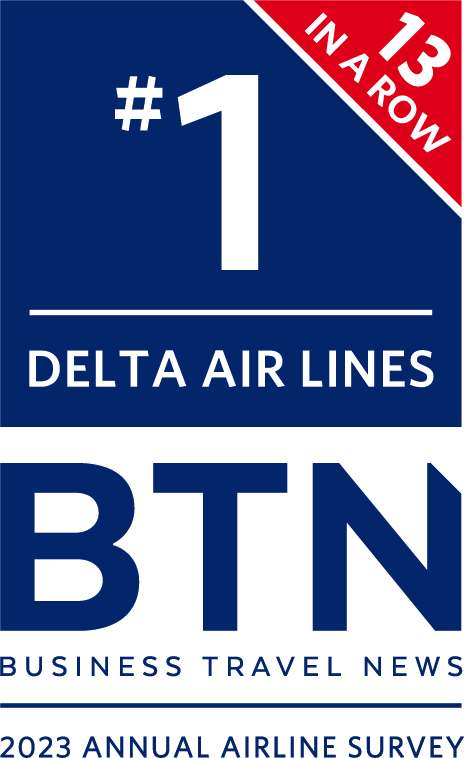
Cabotage
Cabotage occurs when a foreign carrier transports a customer between a U.S. origin and U.S. destination (including U.S. territories), regardless of the connecting point (U.S. or foreign).
As a general rule of thumb, when Delta is selling a ticket for travel that originates within the United States or a U.S. territory* and terminates within the United States or a U.S. territory, at least one of the segments must be on a U.S. carrier even if the connecting point is in a foreign country.
Some foreign jurisdictions also have prohibitions on cabotage, which may or may not be the same as the approach in the U.S.
Examples
If travel originates from a U.S. city, Delta cannot sell a ticket to Guam (GUM) with a connection in Seoul, Korea (ICN) if none of the flights are operated or marketed by a U.S. Carrier.
- ATL to ICN on KE-designated, KE-operated flight connecting to GUM on KE-designated, KE-operated flight is considered Cabotage.
- ATL to ICN on a KE-designated, DL-operated flight, connecting on to GUM on KE-designated, KE-operated flight is also considered Cabatage.
Delta can sell tickets to Guam (GUM) with a connection in Seoul, Korea (ICN) if one of the segments is operated by a U.S. carrier and one segment is marketed (codeshare) by a U.S. carrier.
- ATL to ICN on DL-designated, DL-operated flight, connecting to GUM on KE-designated, KE-operated flight, is acceptable since one of the flights is on DL (a U.S. carrier is represented).
- ATL to ICN on KE-designated, DL-operated flight, connecting on to GUM on DL-designated, KE-operated flight is acceptable.
*U.S. territories are Guam; Puerto Rico; U.S. Virgin Islands; American Samoa; Federated States of Micronesia; and Midway Islands.











